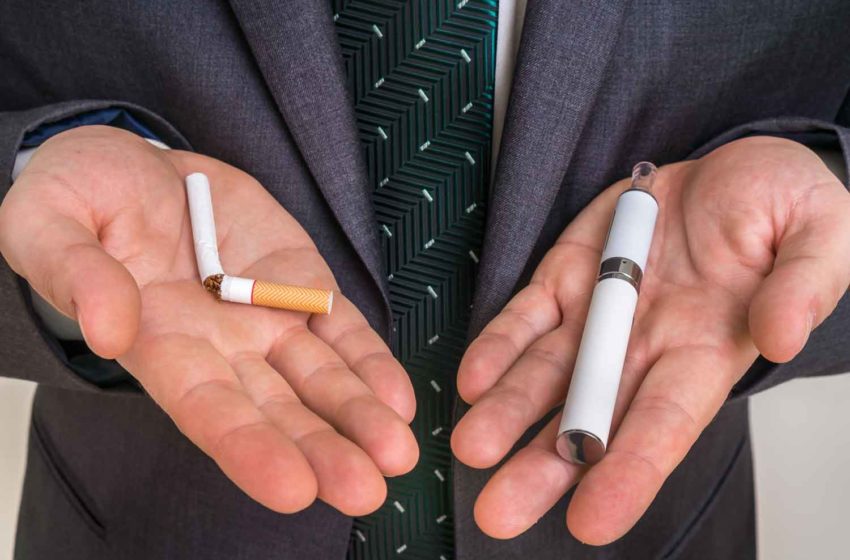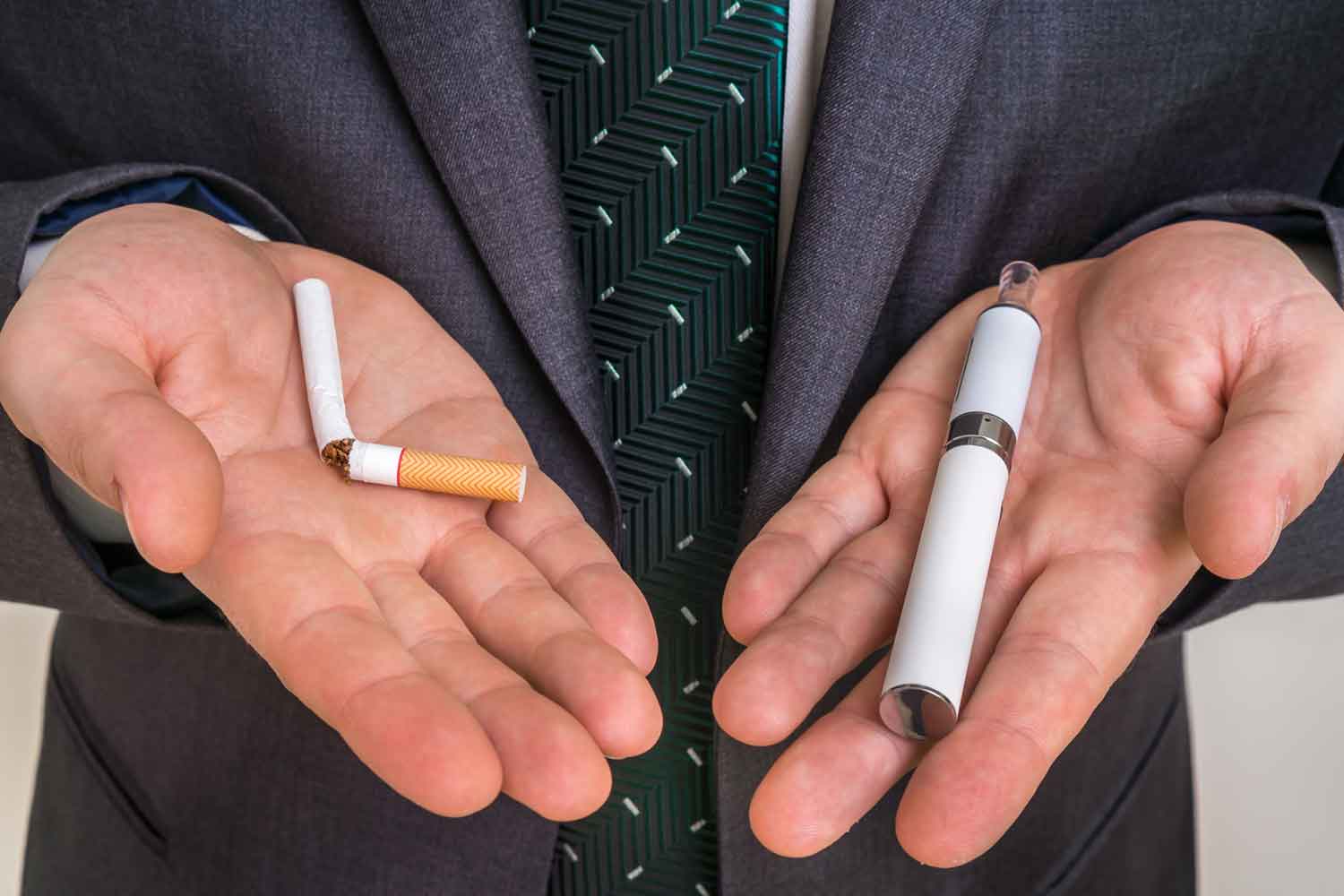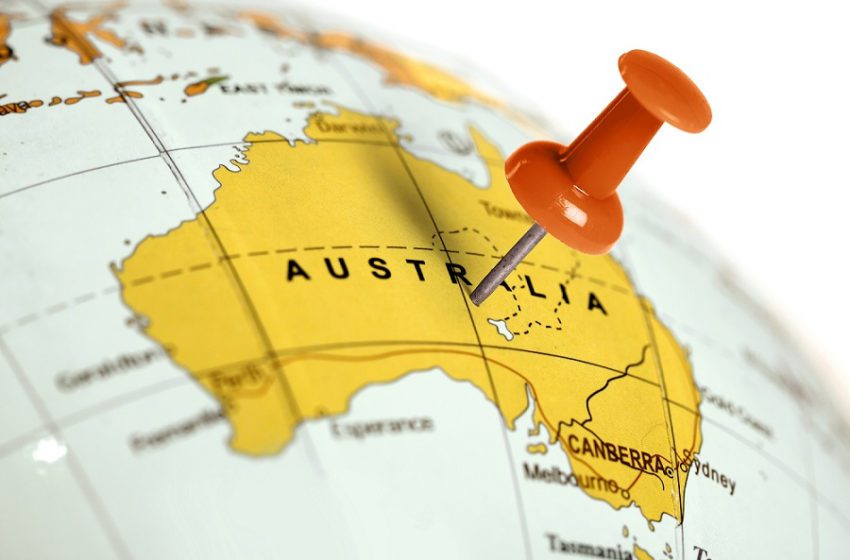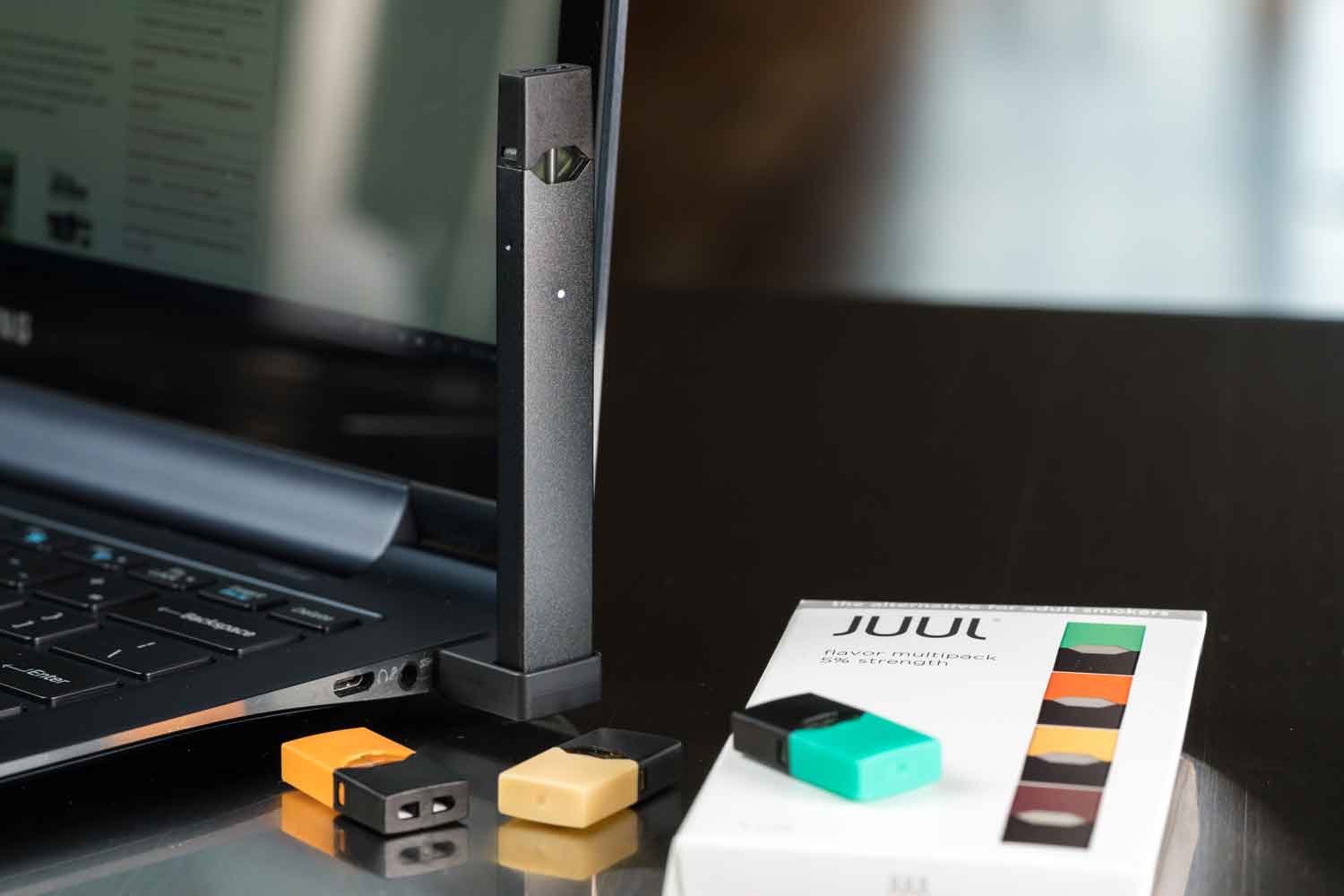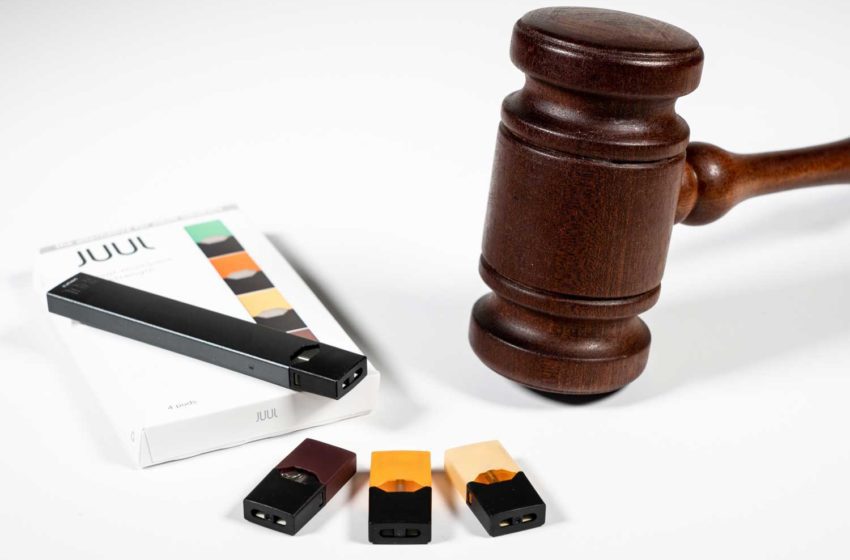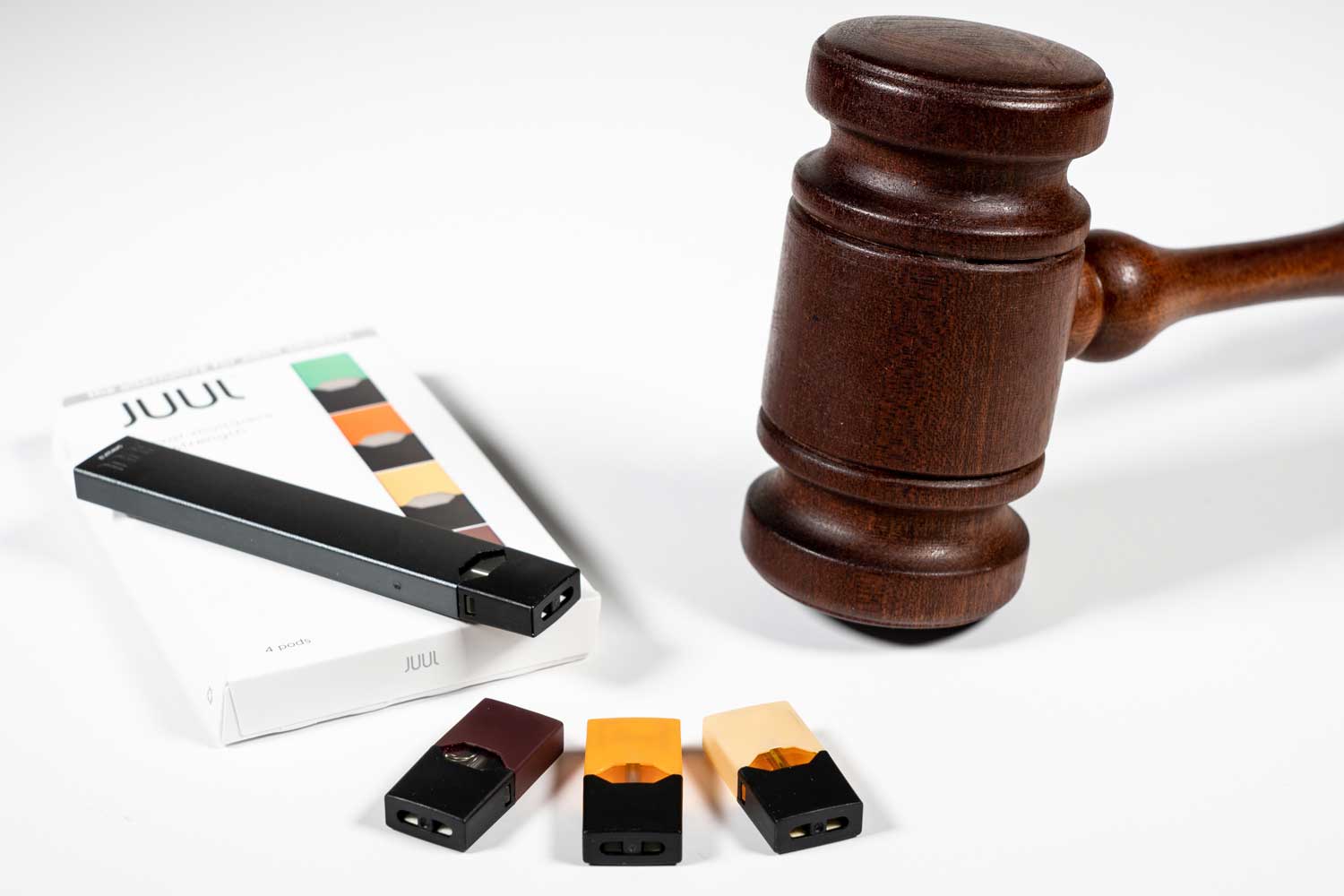
The U.S. Food and Drug Administration has temporarily halted its ban on Juul Labs products while the e-cigarette maker appeals the agency’s decision, the FDA announced on Twitter.
On June 23, the FDA ordered Juul Labs to pull its e-cigarettes from U.S. store shelves, saying the e-cigarette manufacturer had submitted insufficient evidence that they were “appropriate for the protection of the public health.”
A federal appeals court then granted Juul Labs a emergency stay of the order to give the judges time to evaluate the merits of Juul’s appeal. The e-cigarette company separately asked the FDA to stay its own order pending the appeal.
In a series of Twitter messages, the FDA said it had determined that there are scientific issues unique to the Juul application that warrant additional review. The agency stressed that the stay suspends but does not rescind it the marketing denial order (MDO).
The FDA initially rejected Juul’s request for a stay, prompting Juul to seek a stay of the ban in court, according to The Wall Street Journal.
In its court filing challenging the FDA ruling, Juul said the agency had overlooked more than 6,000 pages of data that the company had submitted to the FDA on the aerosols that users inhale. Juul also suggested that the FDA’s decision was influenced by political pressure.
The FDA’s marketing denial order for Juul surprised many in the vaping business, especially in the wake of marketing authorizations for vapor products manufactured by competitors such as Reynolds American Inc. and NJOY Holdings. A pioneer in the vaping segment and backed by Altria Group—a company boasting decades of experience with regulatory compliance—Juul labs appeared in a better position than most to meet the agency’s exacting standards.
Public health advocates criticized the stay of the FDA ruling.
“It is deeply disappointing and harmful to our nation’s kids that the FDA has issued an administrative stay of its marketing denial order for Juul’s e-cigarette products,” wrote Matthew L. Myers, president of the Campaign for Tobacco-Free Kids, in a statement.
“This decision will allow the continued sale, at least for now, of the brand most responsible for creating and fueling the youth e-cigarette epidemic. We are nearly 10 months past a court-ordered deadline for the FDA to complete its review of e-cigarette marketing applications and can’t afford more delays by the FDA in removing kid-friendly products from the market.”





 The U.K. Vaping Industry Association (UKVIA) will organize
The U.K. Vaping Industry Association (UKVIA) will organize 

